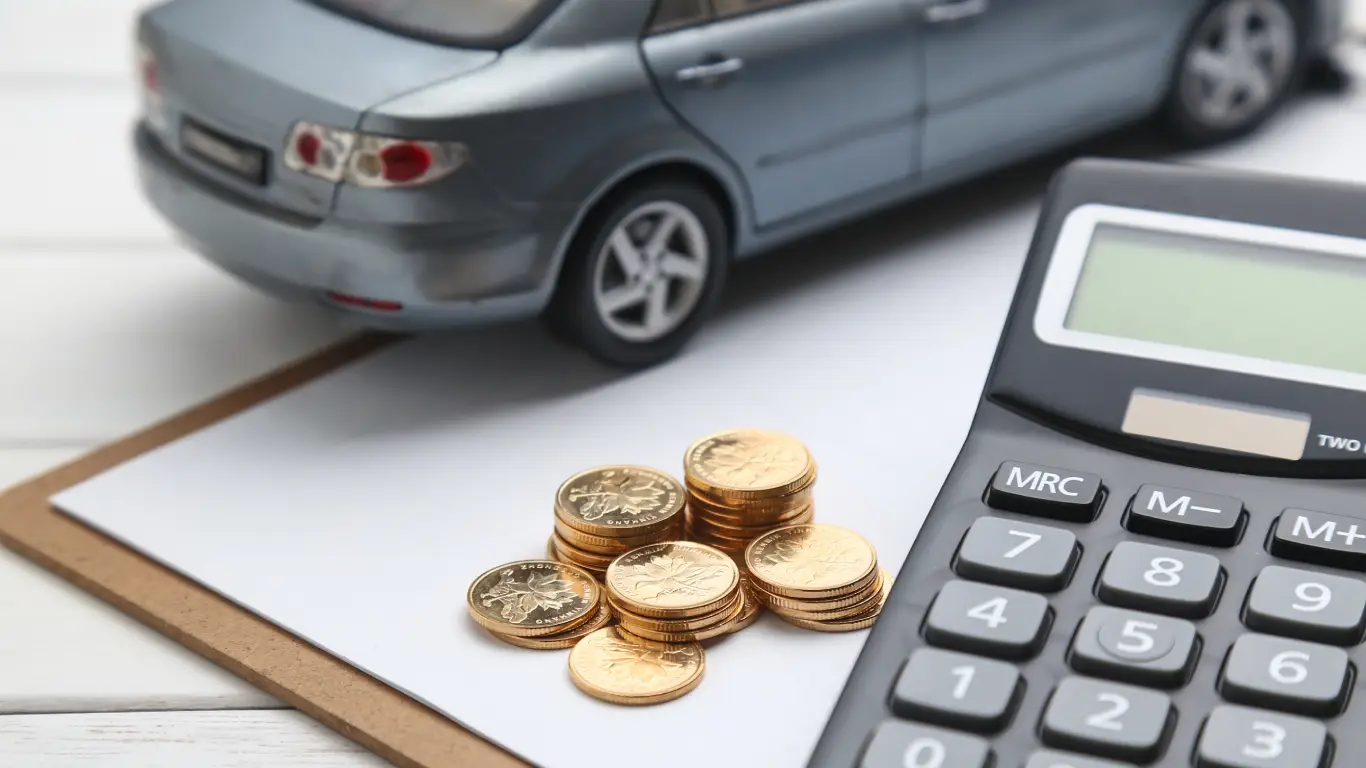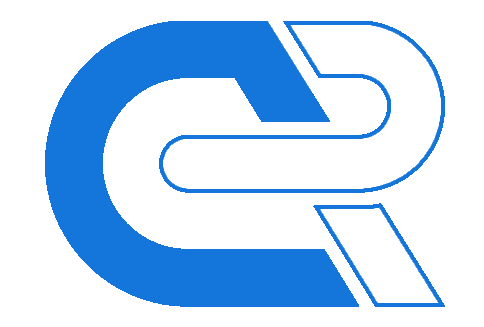
Auto Academy

What Does Financing a Car Mean?
When you’re looking to purchase a vehicle, you may come across the term financing a car. But what does financing a car mean, exactly? Financing a car means you’re borrowing money to buy a vehicle, and you’ll repay that loan over time, usually in monthly installments. This process is common in Canada, where many car buyers choose this route for a more affordable way to own a car without paying the full price upfront.
In this article, we’ll break down how car financing works, especially in Canada. Whether you’re wondering how does auto financing work or need information on financing a car in Ontario, we’ve got you covered with the answers you need.
What Does Financing a Car Mean?
Financing a car means that you take out a loan to buy a car and repay the loan in installments. Instead of paying for the car in full at once, which can be a heavy financial burden, you can pay a monthly fee over a certain period (usually 3-7 years).
When financing a car, you typically work with a lender, like a bank, credit union, or dealership. The lender will provide the funds for the car, and you agree to pay them back plus interest over the agreed term.
Read More: Cost of New Cars in Canada
Car Finance: How Does It Work?
In Canada, car financing involves a few steps. First, you’ll apply for auto financing, where the lender will evaluate your credit score, income, and other financial factors to decide whether you’re eligible for a loan and what the terms will be. After approval, you choose the car you want and agree to the financing terms.
The terms of the loan usually include:
- Down Payment: A portion of the car’s price you pay upfront.
- Interest Rate: The cost you pay to borrow money, expressed as a percentage of the loan.
- Loan Term: The length of time you have to repay the loan.
- Monthly Payment: The amount you pay each month, which covers part of the loan principal and interest.
Read More: Better Car Loan Rate
What Do You Need to Finance a Car in Canada?
To finance a vehicle in Canada, lenders typically require a few basic things:
- Proof of Income: You’ll need to show you can afford monthly payments.
- Credit History: Your credit score will be a key factor in determining loan approval and interest rates.
- Identification: A valid ID to prove your identity.
- Down Payment: Most lenders will require a down payment, although the amount can vary.
If you’re worried about your credit history, don’t stress! Even if you have poor credit, many dealerships in Canada, like CarRookie can work with you to secure financing.
Read More: Trading in a Financed Car
What Does Financing a Vehicle Mean in Ontario?
If you’re looking to finance a car in Ontario, the process is similar to other provinces in Canada, but there are a few local specifics. For example, Ontario has a wide variety of dealerships and lenders, so you may have more options available to you. Additionally, the interest rates on car financing in Ontario can be competitive, especially for those with good credit.
Some dealerships may even offer approved car financing programs where they partner with lenders to provide special financing deals for buyers. This can be a great option if you’re looking for a reliable way to secure a vehicle with manageable monthly payments.
Buying and Financing a Car: What to Know
When it comes to buying a vehicle and financing a car, there are a few things you should consider before signing the dotted line:
- Research Your Budget: Know how much you can afford to pay each month without stretching your finances too thin.
- Understand the Terms: Take time to fully understand the interest rate, loan term, and any fees associated with the loan.
- Loan Pre-Approval: Consider getting pre-approved for car financing. This can give you a better idea of how much you can borrow and allow you to negotiate better terms.
- Dealerships vs. Banks: Compare financing options between dealerships and traditional lenders. Dealerships often have more flexible terms, especially for people with less-than-perfect credit.
Read More: How to Buy a Used Car in 2025: 24 Essential Things to Check Before You Pay
CarRookie: Your Trusted Partner for Financing Your Dream Car
At CarRookie, we make car buying and financing easy for Canadians, no matter their credit history. Based in Toronto, we connect buyers across Canada with top-rated agents who can help them find their dream car. Whether you’re worried about your credit score or looking for a good interest rate, we’re here to assist you with affordable options that work for you.
Our team is committed to helping you find a car that fits your needs and your budget, with financing plans tailored to you. From financing a car in Ontario to other provinces, we help ensure that you get the best deal possible.
Frequently Asked Questions (FAQs)
Can I finance a car with bad credit in Canada?Yes, it is possible to finance a car with bad credit. Many dealerships and financial institutions offer special programs to help individuals with poor credit secure a loan. The interest rates might be higher, but you can still get a car loan.
Is it better to lease or finance a car?The choice between leasing and financing depends on your needs. Financing a car means you own the vehicle at the end of the loan term, while leasing involves monthly payments with the option to buy the car later. If you want long-term ownership, financing may be the better option.
How long does it take to get approved for car financing?Approval times vary, but in general, you can expect to receive a response within a few hours or a few days. Some dealerships may even offer instant approvals if you apply online.
What happens if I miss a car payment?Missing a payment can negatively affect your credit score and may result in repossession of the car. It’s important to make your payments on time or contact your lender if you’re unable to make a payment.
How do I know what interest rate I’ll get when financing a car?Your interest rate depends on factors like your credit score, loan term, and the lender you choose. To get the best rate, make sure your credit is in good standing and shop around for competitive offers.
How does vehicle finance work?Vehicle finance works by allowing you to borrow money from a lender (like a bank or dealership) to buy a car. You pay back the loan in monthly installments over an agreed period, usually with interest. The vehicle acts as collateral, meaning the lender can repossess it if you fail to make payments. Once you’ve paid off the loan, you own the car outright.

